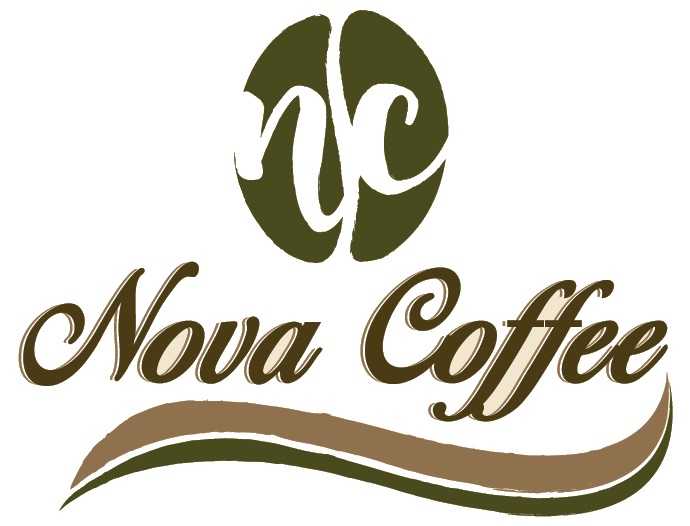KIGALI, Rwanda – Relevant certifications are key to accessing international markets but the process for obtaining them is complex. A company’s internal processes and relationships within the supply chain must adhere to specific standards to obtain certifications. ‘It is hard to position your business in the coffee sector. There are so many requirements for accessing new markets that it is hard to remain competitive.’,said Agnes Mukamushinja, owner of Nova Coffee, a specialty Arabica green coffee exporting company from Northern Rwanda.
Nova Coffee successfully obtained the UTZ certification in 2020 after implementing the Internal Management System (IMS) in the company following coaching from certification management experts who helped put a formal system in place.
The International Trade Centre (ITC) is implementing an approach to manage certifications
With a focus on a universal Internal Management System (IMS) model. This model helps meet the requirements of different private voluntary standards to avoid duplication of work for small and medium-sized enterprises (SMEs) who intend to apply to more than one certification scheme.
Gains across the EAC
The coaching provided to the SMEs on the universal IMS helps strengthen internal capacities and knowledge, and encourages businesses to take ownership of the process.
For Agnes Mukamushinja, upgrading her skills and transferring knowledge to her team was crucial for filling the gaps in compliance with private voluntary standards.
Having obtained the certification, Nova Coffee will now be able to start selling coffee in new markets where buyers only purchase UTZ certified coffee.
Similarly, Willi Schmid, Farm Manager at Utengule Coffee Farm in Tanzania realized his dream of reaching new markets.
After receiving support on implementation of an IMS, Utengule Coffee Farm secured a successful audit result and attained certification for Starbucks Coffee and Farm Equity (C.A.F.E.) Practices, which makes the company eligible to supply Starbucks and consequently obtain premium prices for quality coffee.
Utengule Coffee Farm has a strong environmental and social agenda, and obtaining this certification is the confirmation of their commitment to sustainability.
‘Together with the MARKUP coach, we were able to work on identified gaps and make sure all our farm’s operations are in compliance.’ shared Willi.
More than 70 companies in the EAC region are receiving coaching through EU-EAC MARKUP to acquire certification.
About MARKUP
The European Union (EU) – East African Community (EAC) Market Access Upgrade Programme (MARKUP) is a regional trade development initiative, which aims to address both the supply side and market access constraints of selected key export-oriented sectors.
MARKUP aims to increase exports of agribusiness and horticultural products and promote regional integration and access to the European market by addressing specific challenges that small and medium enterprises, trade and investment support institutions and policy-makers face in accessing regional and EU export markets.
Funded by the EU, the programme is implemented by the Gesellschaft für Internationale Zusammenarbeit (GIZ), the International Trade Centre (ITC), the United Nations Industrial Development Organization (UNIDO), and other national partners.


















